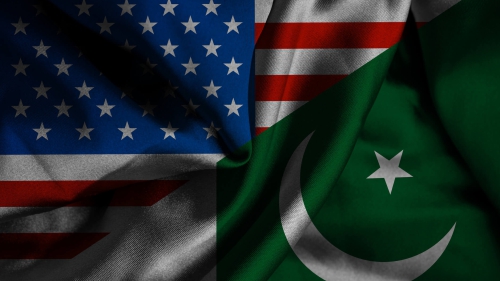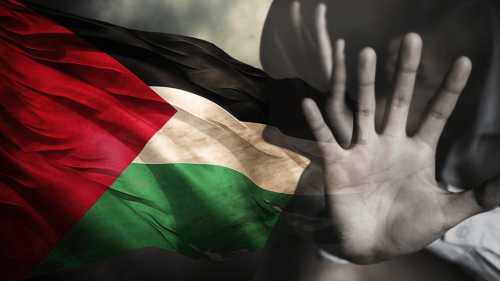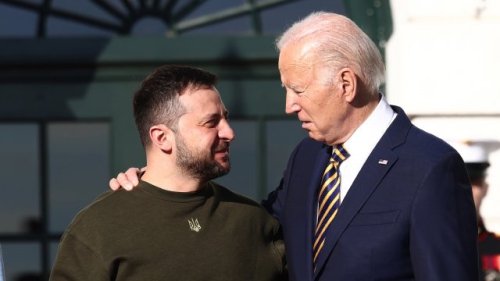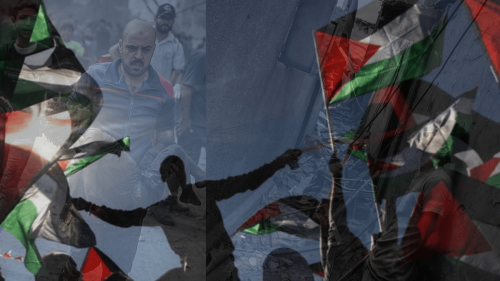Headlines While We Slept: EU Elections
While many Internet publications continued their preoccupations with the Kosova drama, elections for the European Union Parliament did receive some attention Monday, as results became available from Sunday's polls. Among the 15 member nations, several ruling parties suffered major setbacks by a resurgence of right-wing nationalist sentiment. Most notably, the Social Democratic Party of German Chancellor Gerhard Schroeder and the Labour Party of British Prime Minister Tony Blair were dealt serious losses in the elections, while the Left remained strong in France.
Britain's Electronic Telegraph ran several articles on the elections, focusing on the reasons for the Labour Party's defeat. One story suggested that Blair ran a poor campaign for the Labour Party. Another article offered that the vote reflected the solidification of British opposition to Blair's pro-EU policies. But according to a third article, the elections' voter turnout, the lowest in the 20-year history of the EU Parliament, signified the predominant ambivalence of the British with reference to EU participation. A Telegraph editorial went on to condemn Blair's campaign saying that his recent preoccupation with Kosova is no excuse for his poor showing in support of his party.
The Independent Online carried a story on the elections in its domestic section concerning Labour's loss and in its international portion ran an article dealing with the lack of approval for Belgian leaders that manifested itself in the elections. The report noted that Belgian leadership has suffered in recent popularity ratings, because of its handling of the recent dioxin contamination of much of the nation's food supply. The usually peppery Independent carried no opinion pieces whatsoever on the EU elections, perhaps reflecting general national ambivalence.
The headline article from Belgium's Le Soir en Ligne said that the coalition of ruling parties "left the vote in a coma." The ruling Christian Socialists took a beating while gains were made by several smaller liberal parties. Another report said it was a more of a victory by default for the liberals.
The Luxembourg News Online reported gains by Luxembourg's Democratic Party over the conservative ruling party. An editorial called the elections "undramatic" but said that they were enough to distract attention from Clinton's appointment of James Hormel as the ambassador to Luxembourg. The writer noted that Clinton's effort to promote equal rights by the appointment of an openly homosexual ambassador was "beautifully timed" amidst both the Kosova crisis and the EU elections, even if the U.S. president did not realize it.
France's papers provided decidedly more coverage of the elections. The International Herald Tribune covered the low confidence showing for German Chancellor Gerhard Schroeder's ruling Social Democrat Party. Germany holds the largest number of seats in the EU parliament with 99 of 462 but Germany had the lowest voter turnout of any country with only 21 percent of eligible voters heading to the polls. According to the article, Schroeder's defeat and the manifest public ambivalence undermine the pro-EU policies of the Chancellor, who currently presides over the EU). A Tribune editorial from the Washington Post said problems with European unity weaken plans for the creation of EU defense forces and necessitate the continent's continued reliance on American military aid.
The top four stories of the LeMonde Interactif all dealt with the EU vote. The main headline story concerns the continued support for Leonel Jospin and his liberal socialist government. Where Blair suffered from voter apathy in Britain, Le Monde said the French Right was perhaps hurt by the low voter turnout of the elderly. An editorial discussed what the elections say of the elusive notion of a European nationality. The writer pointed out that while there is a European hymn, a European flag and even a European "spirit," there is no European nationality. The editorial cited a June 9 Jospin speech that supported the claim: "We do not wish that being Europeans should deprive us of our national identity."
An editorial in Le Figaro said that the vote reflected problems in particular countries, suggesting it had little to do with the affirmation of a European identity. Le Figaro simply called the EU a myth.
Zakariya Wright is a staff writer at iviews.com

















